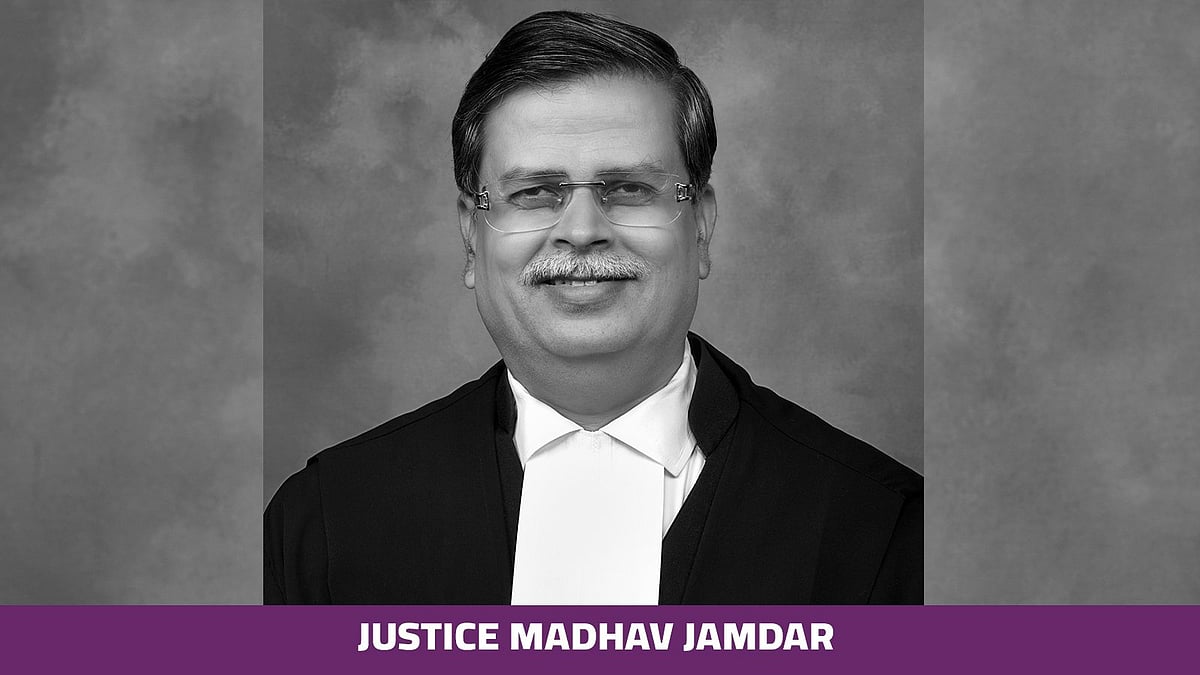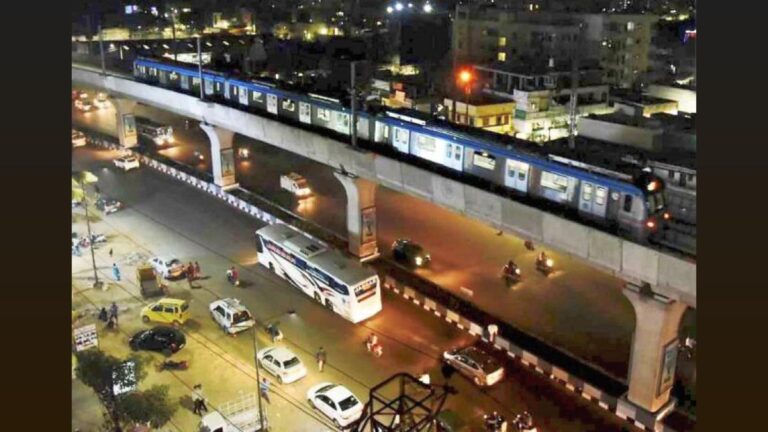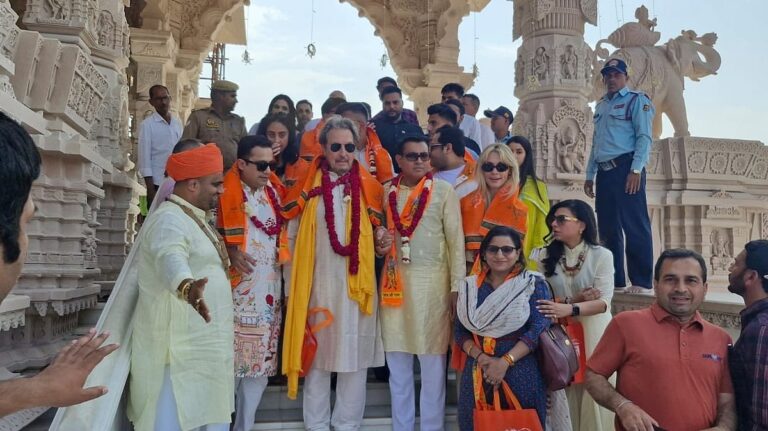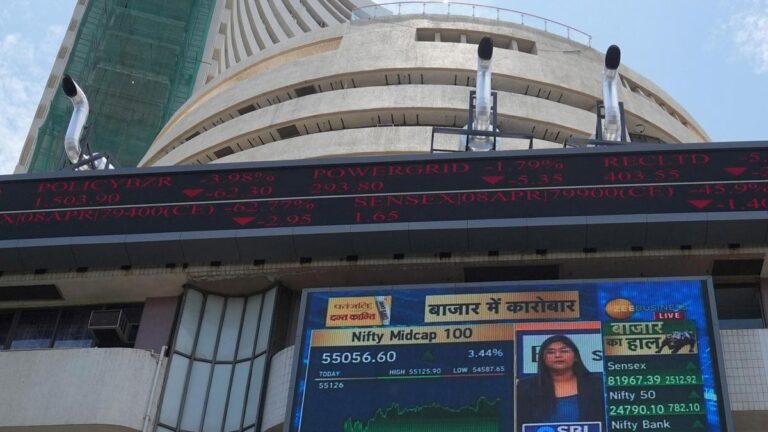Judge’s Tireless Efforts to Clear Backlog Revealed: A Gripping Look at Justice Madhav J Jamdar’s Long Hours
Judicial Delays: The Grinding Work of Justice Madhav J Jamdar
In a striking disclosure that highlights the mounting pressures on the judicial system, Justice Madhav J Jamdar of the Bombay High Court recently shared details regarding the delays in the upload of a court judgment. This reflection on his commitment to clearing the backlog of pending cases is both a testament to his dedication and an illustration of the broader challenges faced by courts in India.
The Timeline of Justice
On December 19, 2022, Justice Jamdar pronounced a significant judgment. However, the order did not appear on the court’s official website until May 30, 2023. This five-month delay was not due to a lack of effort on the part of the judiciary but rather an overwhelming backlog of cases that has become a defining characteristic of the Indian legal landscape.
According to Justice Jamdar, the prolonged wait for the judgment to be uploaded stemmed from the sheer volume of work that has accumulated. He stated that despite his best efforts to handle matters beyond the customary court hours, the strain on the judicial system made timely updates nearly impossible.
Unprecedented Workload
Justice Jamdar has reportedly been working extensively to manage his caseload, routinely spending extra hours in court. His statement gives insight into the dedication that judges often have to adopt under challenging conditions. Important points from Justice Jamdar’s account include:
- Extended Court Hours: He is conducting court sessions for an additional 2 to 2.5 hours almost every day post regular court hours.
- Late Nights: His workday often stretches well into the night, with him leaving the chamber around 10:30 PM to 11:30 PM on most working days.
- Home-Based Research: To keep up with the cases, he tends to read case papers at home until 2:00 AM before continuing his preparation the next morning.
- Weekend Work: Justice Jamdar also dedicates his weekends and holidays to fulfill pending work.
This relentless dedication is a reflection of the increasing demands placed upon the judicial system and raises important questions about the infrastructure needed to support the ever-rising number of cases.
The Backlog of Justice
The backlog of cases in Indian courts is an issue that has persisted for years, affecting not only the speed of justice but also its quality. As of now, millions of cases languish in the legal system. Factors contributing to this backlog include:
- A High Volume of Cases: There are significantly more cases being filed than can be efficiently handled by the existing judicial workforce.
- Insufficient Resources: Court infrastructure, including staff and technology, is often inadequate to manage the caseload effectively.
- Complex Legal Processes: Lengthy and complex legal procedures can prolong cases unnecessarily.
As more cases flood into the system, the impact on judges like Justice Jamdar becomes increasingly evident, pushing them to the limits of time and personnel.
A Call for Reform
Justice Jamdar’s experience serves as a microcosm of a larger issue within the Indian judiciary. There is a growing consensus among legal experts that significant reforms are necessary to address the backlog and improve efficiency.
- Increase in Judicial Staff: One of the first steps could involve increasing the number of judges and supporting staff.
- Investment in Technology: Implementing better case management systems could help expedite document processing and filing.
- Streamlining Processes: Simplifying legal procedures can also alleviate the pressure on the system.
Such reforms would not only help judges manage their workloads but also enhance public faith in the legal system.
The Human Side of Justice
While Justice Jamdar’s rigorous schedule showcases his dedication, it also uncovers the often unseen burden that judges bear. The sacrifices they make in terms of personal time can contribute to their well-being, leading to questions about work-life balance in the judicial sector.
Judges, like all professionals, thrive best when provided with adequate resources and support. Ultimately, fostering an environment where they can operate efficiently—without compromising their health or personal lives—should be a goal for all jurisdictions.
Conclusion
Justice Madhav J Jamdar’s recent experiences underline the critical issues facing the Indian judicial system. His commitment to clearing the backlog, even at personal cost, is commendable; however, it also highlights a pressing need for reforms that will adequately support the judiciary. Speeding up the process of justice will benefit not just the judges but also the millions who are waiting for resolutions in their legal battles.
As discussions about judicial reform gain momentum, the world watches to see how India addresses the challenges at hand. The story is not just about one judge’s dedication, but about an entire system striving towards efficiency and fairness. The future of justice may well hinge on the ability of the system to evolve and adapt to meet the challenges of tomorrow effectively.






